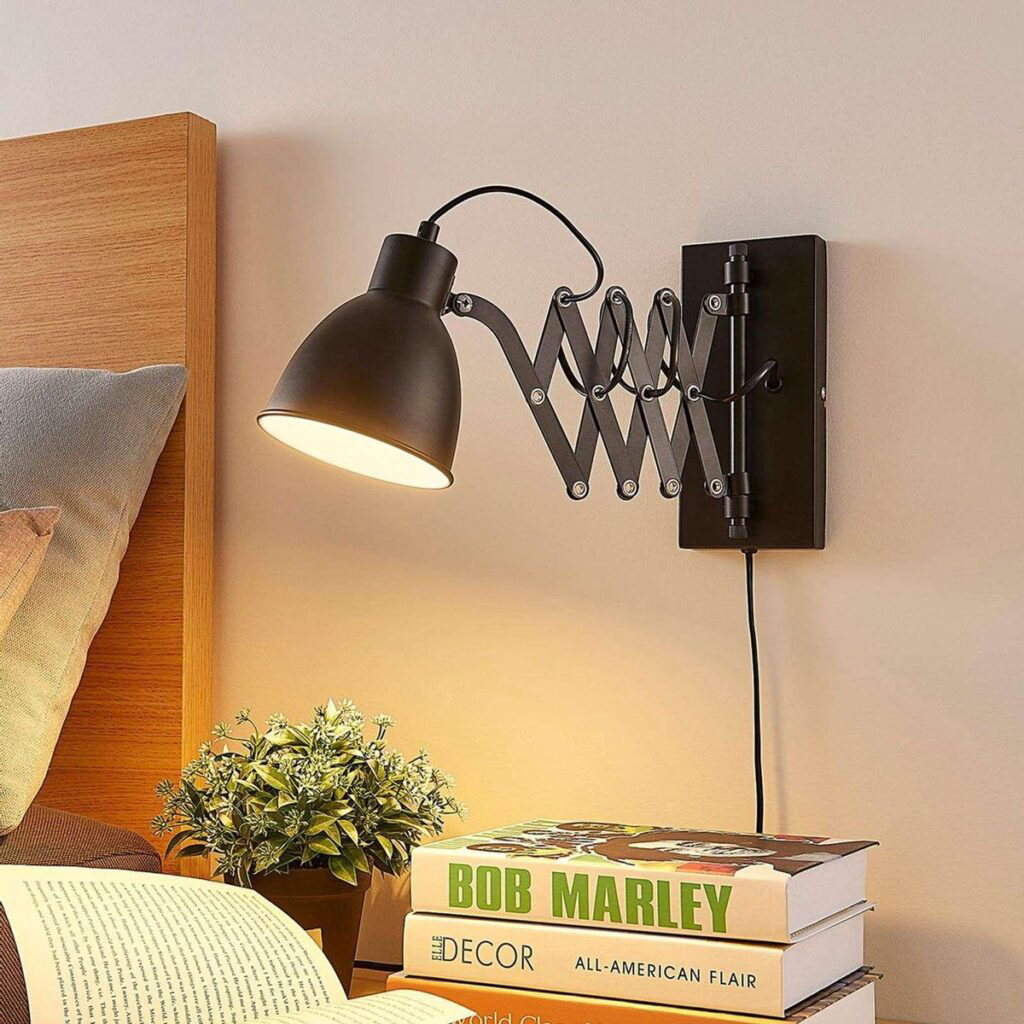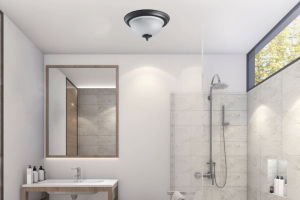Reading is a great way to unwind, no matter if it’s part of your job or just a hobby. However, reading conditions are essential, and lighting plays a significant role in the reading process. Poor lighting conditions can cause eye strain, dry eyes, headaches, and even long-term vision problems. In this article, we’ll guide you through the process of selecting the right reading light for your eyes.
Types of Reading Lights
There are several types of reading lights available in the market. They can be broadly categorized as natural lights, ambient lights, and task lights.
Natural Lights
Natural lights are the best option for reading as they simulate daylight. These types of lights reduce eye strain because of its soothing tone. Natural light is the least tiring light to the eyes, and it is an excellent option to use for extended periods.
Ambient Lights
Ambient lights tend to be indirect lights that are soft and provide a low level of illumination for the entire room. These types of lights are not ideal for reading because they provide uneven light that can cause you to strain your eyes, making it difficult to read your book.
Task Lights
Task lights are the most popular type of reading light. They are designed to target a specific area with bright light, such as a desk or a book. Task lights are perfect for reading because they provide the necessary illumination directly on the book without causing any discomfort.
Features of a Good Reading Light
A good reading light should have the following features:
Brightness Control
It’s essential to have a reading light with brightness controls because too much light can cause eye fatigue, and too little light could mean you’ll struggle to read your book. A good reading light should allow you to adjust brightness to the right level for you.
Adjustable Head and Arm
A reading light with an adjustable arm and head is ideal because it allows you to direct the light onto your book from multiple angles. It’s also vital to ensure that the light doesn’t cast shadows on your pages.
Color Temperature
A good reading light should have an adjustable color temperature option to reduce the blue light emitted, which is harmful to your eyes. It’s best to choose a light that provides warm white light, which is soothing and easier on the eyes.
Having a good reading light is essential for maintaining healthy eyes while reading. Choosing the right type of light and a good reading light’s features increases comfort, reduces eye fatigue, and improves the overall reading experience. Remember to consider brightness control, adjustable head and arm, and the color temperature of the light when selecting your ideal reading light. Combine this knowledge with your personal preferences to find the perfect reading light for your home or office.






More Stories
Enhance Your Living Room with Embedded LED Lights
10 Small Dining Room Lighting Ideas for a Cozy Space
10 Stylish Dining Room Lighting Ideas to Elevate Your Space